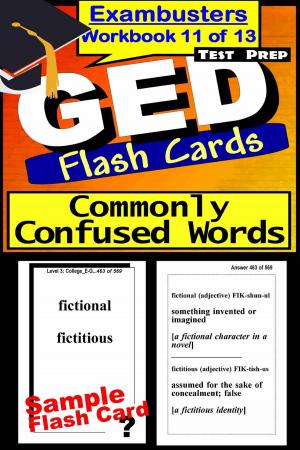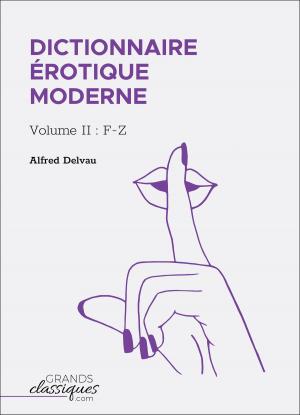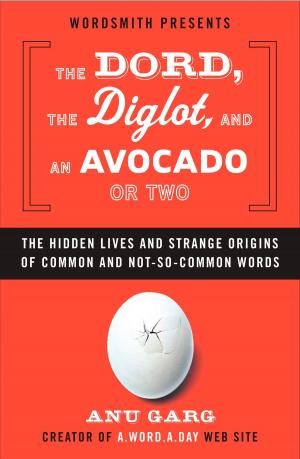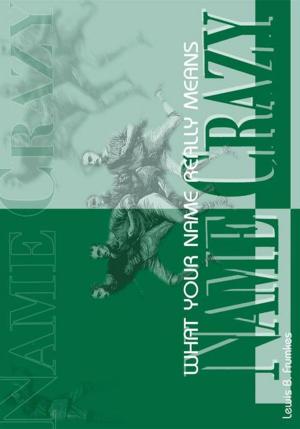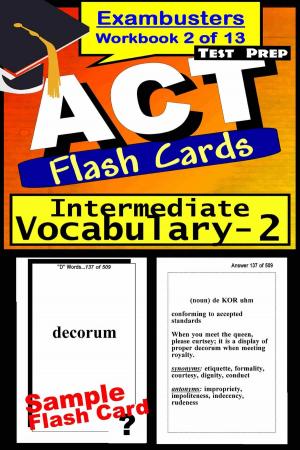Dictionary of English Irregular Verbs
Nonfiction, Reference & Language, Reference, Almanacs & Trivia, Word Lists| Author: | Raymond Long | ISBN: | 9781466025707 |
| Publisher: | Raymond Long | Publication: | August 8, 2011 |
| Imprint: | Smashwords Edition | Language: | English |
| Author: | Raymond Long |
| ISBN: | 9781466025707 |
| Publisher: | Raymond Long |
| Publication: | August 8, 2011 |
| Imprint: | Smashwords Edition |
| Language: | English |
This reference book lists English irregular verbs in alphabetic order. Many such lists only give three parts: "ride", "rode", "ridden". Often this isn't enough information. The verb "shrink" has both "shrunk" and "shrunken". The verb "rot" has both "rotted" and "rotten". The verb "pass" has both "passed" and "past". What is the difference?
Many verbs have a passive participle: "a beaten egg" is an egg that has been beaten (passive). But for some verbs the equivalent participle has an active meaning: "a fallen empire" is an empire that has fallen (active). Some verbs have participles with both passive and active meanings.
Most verbs form their subject-noun by adding -er: the verb "play" has "player". But some are irregular: "liar", "actor", "glazier", "guarantor", "hangman".
The English verb isn't nice and neat. You can't just learn three parts and then work out all the rest through regular rules. Instead, this book lists eleven separate verb parts. Not every verb has every part, meaning that some verbs can't be used in certain ways.
This reference book lists English irregular verbs in alphabetic order. Many such lists only give three parts: "ride", "rode", "ridden". Often this isn't enough information. The verb "shrink" has both "shrunk" and "shrunken". The verb "rot" has both "rotted" and "rotten". The verb "pass" has both "passed" and "past". What is the difference?
Many verbs have a passive participle: "a beaten egg" is an egg that has been beaten (passive). But for some verbs the equivalent participle has an active meaning: "a fallen empire" is an empire that has fallen (active). Some verbs have participles with both passive and active meanings.
Most verbs form their subject-noun by adding -er: the verb "play" has "player". But some are irregular: "liar", "actor", "glazier", "guarantor", "hangman".
The English verb isn't nice and neat. You can't just learn three parts and then work out all the rest through regular rules. Instead, this book lists eleven separate verb parts. Not every verb has every part, meaning that some verbs can't be used in certain ways.


